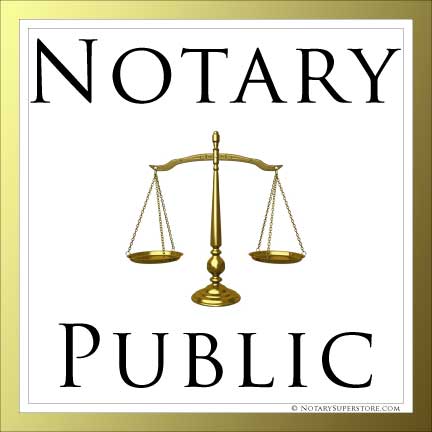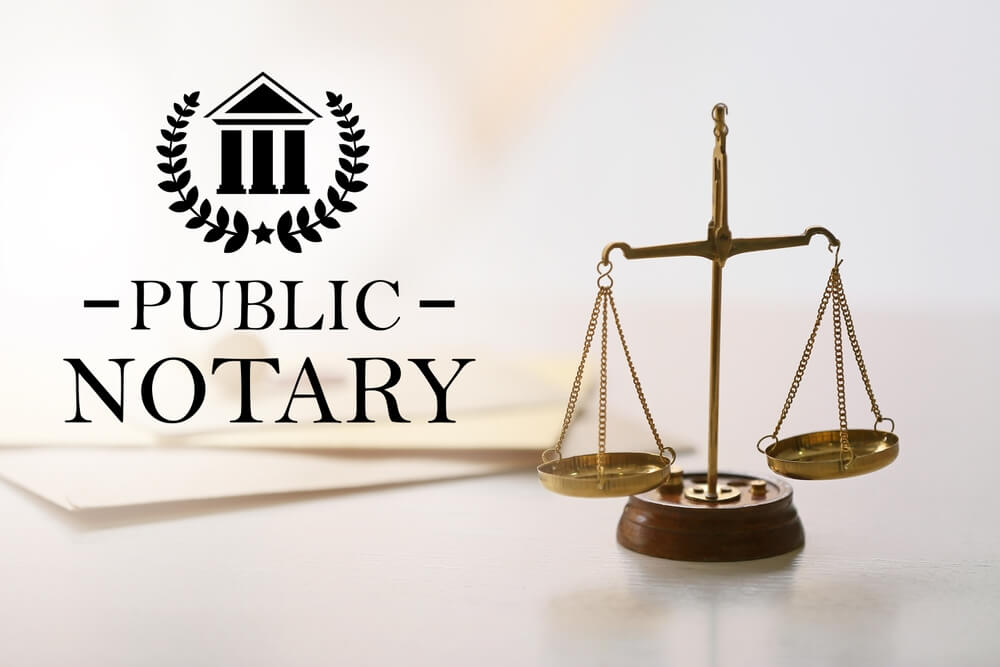DIRCO Regulations Demystified: A Guide to Diplomatic Protocol
DIRCO Regulations Demystified: A Guide to Diplomatic Protocol
Blog Article
Debunking Notarial Work: Streamlining the Duty and Significance of Notaries
In the detailed web of lawful documents and verification, notaries stand as columns of guarantee and credibility. Their function, usually shrouded in secret for lots of, lugs significant weight in making certain the validity and integrity of important documents. As guardians of legality and truth, notaries play a critical part in our society, yet their work is not always completely comprehended. By unraveling the complexities surrounding notarial practices and losing light on the significance of their acts, a more clear understanding arises of the crucial duty notaries play in upholding the material of legal and contractual arrangements.
The Background of Notarial Work
The background of notarial work days back to old people, where scribes played a vital role in taping crucial info and confirming files. This led to the development of notaries, people designated by the state to act as objective witnesses in lawful issues.
During the Center Ages, notaries obtained prominence in Europe, with their features broadening to consist of composing legal documents, accrediting trademarks, and maintaining records. The surge of international trade better stressed the significance of notarial job in verifying agreements and contracts throughout boundaries.
In the modern-day period, notaries remain to play an important function in legal and service purchases by verifying identities, validating the authenticity of records, and preventing scams. Their role in accrediting the credibility of contracts includes a layer of security and trust to the ever-evolving landscape of commerce and regulation.

Obligations and Duties of Notaries
The historic development of notarial work from ancient human beings to the modern-day age has formed the unique responsibilities and responsibilities that notaries promote in lawful and company transactions today. Notaries play an essential function in verifying the credibility of papers and the identity of signatures. One of their primary duties is to witness the signing of vital papers, such as contracts, acts, and wills, to make sure that all parties are becoming part of arrangements intentionally and willingly. Notaries likewise validate that notaries are of audio mind and not under duress or threat.
They license duplicates of initial records, providing assurance to institutions that the duplicates are real reproductions of the originals. Generally, the tasks and duties of notaries are necessary in guarding the honesty and legitimacy of numerous records and transactions - DIRCO.
Notarial Certificates and Signatures
Exemplifying precise interest to detail, notarial certificates and trademarks act as crucial parts in verifying the authenticity of legal records. Notarial certifications normally consist of important info such as the date of registration, the names of the notaries, a description of the record, and the notary's main seal. These certificates provide a clear record of the notarial act, making sure that the file can be easily recognized and mapped back to the notary who oversaw the procedure.
Signatures play a pivotal duty in notarial work, as they indicate the contract and consent of the events involved. Notaries meticulously witness the signing of documents to confirm the identity of the notaries and confirm that they are signing of their very own complimentary will. By affixing their main seal and trademark to the file, notaries license that the needed procedures have been adhered to and that the paper is enforceable and legitimate.
Essentially, notarial certificates and signatures are click to find out more the characteristic of authenticity in legal deals, giving assurance to all events involved that the records are legitimate and binding.
Value of Notarial Acts
Notarization Process Discussed
Describing the notarization process offers clarity on the vital steps involved in validating legal records. The registration procedure normally begins with the private presenting the document to a notary public. The notary after that validates the endorser's identity with appropriate recognition approaches. Once the identification is confirmed, the notary guarantees that the private signing the document does so voluntarily and with no browbeating.

Conclusion

Notarial certificates usually include critical info such as the day of registration, the names of the notaries, a description of the record, and the notary's official seal. These certificates give a clear document of the notarial act, making sure that the file can be easily determined and traced back to the notary who managed the procedure.
By fastening their main seal and trademark to the paper, notaries license that the essential treatments have actually been adhered to and that the record is enforceable and legitimate.
By validating the identification of the signatures, validating their readiness to enter right into the arrangement, and licensing the date and location of the signing, notaries play a critical duty in upholding the validity of legal documents.After the paper is authorized, the notary will certainly affix their main seal or this hyperlink stamp onto the record.
Report this page